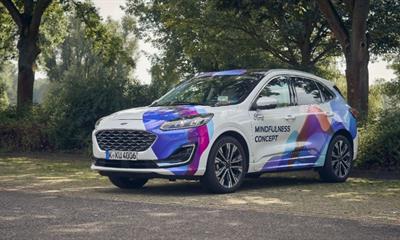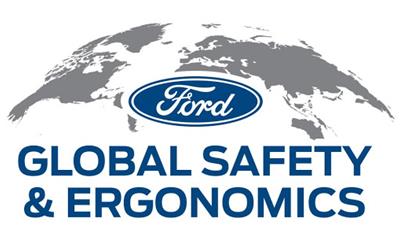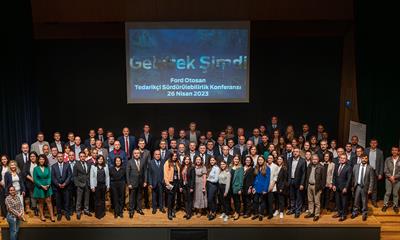
Ford Announced Its Trend Report for 2021!
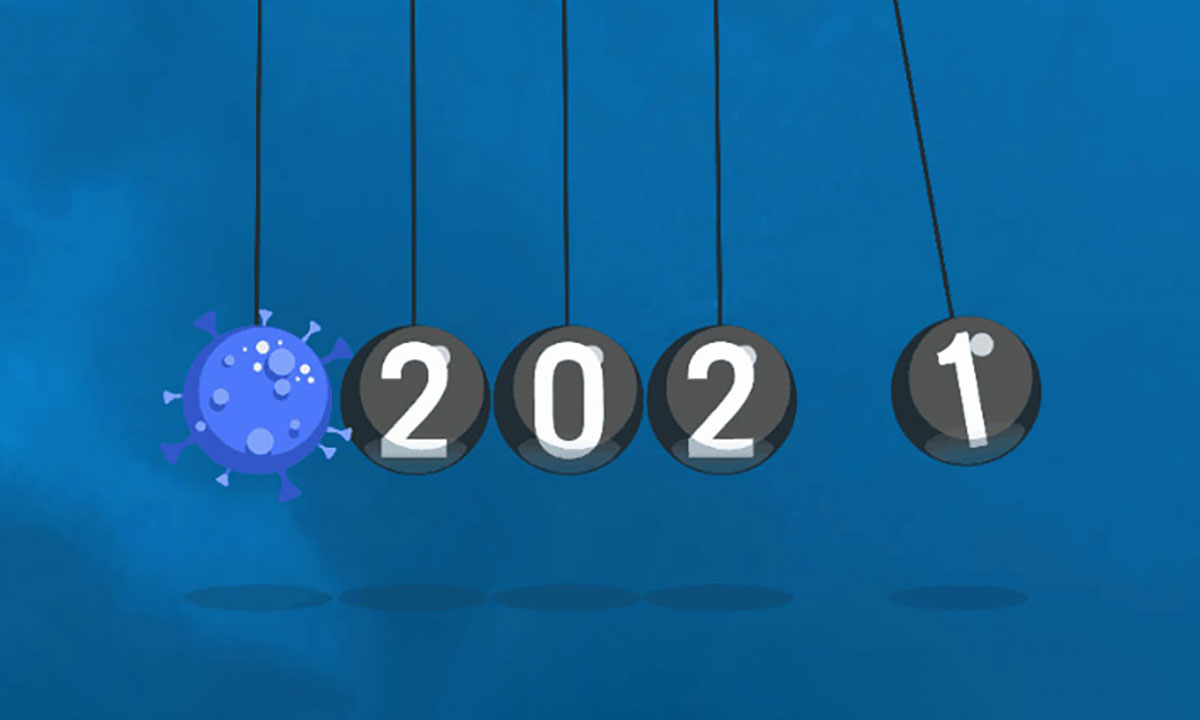
The consumer behavior trends determined as a result of Ford's online research including 14 countries in America, Asia, Europe, and the Middle East, and the trends that will trigger the worldwide change revealed striking predictions.
The report, prepared by Ford for the 9th time this year, analyses the changes in consumer behavior and attitudes in order to understand how the changes experienced with the pandemic process can affect our world in and after 2021.
- Ford's “2021 Future Outlook” trend report highlights the ways people deal with problems around the world and their power to adapt to change. The survey, including 14 countries, reveals how families and individuals are rewriting the rules in their workplace, family life, social environment, as well as in the consumption of products and services.
- According to the report, 69% of the consumers on a global scale stated that they felt overwhelmed by the changes in the world during the pandemic period, while 47% said it was “easier than they imagined” when they were asked how well they adapted to the changes during the pandemic.
- There seems to be a surprising variation between generations in terms of resistance and adaptation to change during the pandemic period. 63% of Generation Z respondents said adaptation was harder than they thought, while this rate was 42% for the Boomer generation.
2020 was a year that no one could foresee. COVID-19 causing economic, political, and emotional chaos; tested the boundaries of individuals, families, health systems, and all the sectors in society. However, the pandemic has also shown how successful people can be in finding ways to cope and adapt.
Highlights
- Pressure Points: Global concern is high due to fears of catching COVID-19 and concerns about how the pandemic will affect education, employment, and other areas. 63% of the adults say they feel more stressed when compared to last year and 4 out of 5 people say they need to be more into their emotional health. People who are well aware of the mental health effects of the epidemic are finding innovative ways to deal with and to connect with this situation.

- Runaway Vehicle: As the boundaries between work and private life began to diminish, "What day is it today?" became a common question for everyone. While consumers are seeking new escape routes to overcome the monotony of the pandemic and lockdown, many seek shelter in their vehicles to escape. On a global scale, more than 1 in 4 adults who have a vehicle say they use their vehicles to relax. About 1 out of every 5 people use their vehicles to be alone and 17% to work.

- Loneliness: The pandemic drove forward consumers' need for friendship and reshaped the feeling of being a family. Loneliness is very common around the world. Every one of two people regularly say they feel lonely. Younger generations are the ones who feel this most intensely. The proportion of Generation Z who say they feel lonely regularly is about 2 times the Boomer generation (64% and 34%). As a result, many are rethinking about where to live, getting closer to their families, and finding new ways to make friends, whether online or offline.

- Awareness: Gaps in inequalities and imbalances around the world are expanding with the pandemic's disproportionate negative impact, particularly on low-income communities, ethnic minorities, and women. As consumers become more aware of this gap, brands are giving prominence to their activist and entrepreneurial stances. On a global scale, 76% of adults expect brands to take a stand on social issues, and 75% think that nowadays brands are trying to act in the right way.
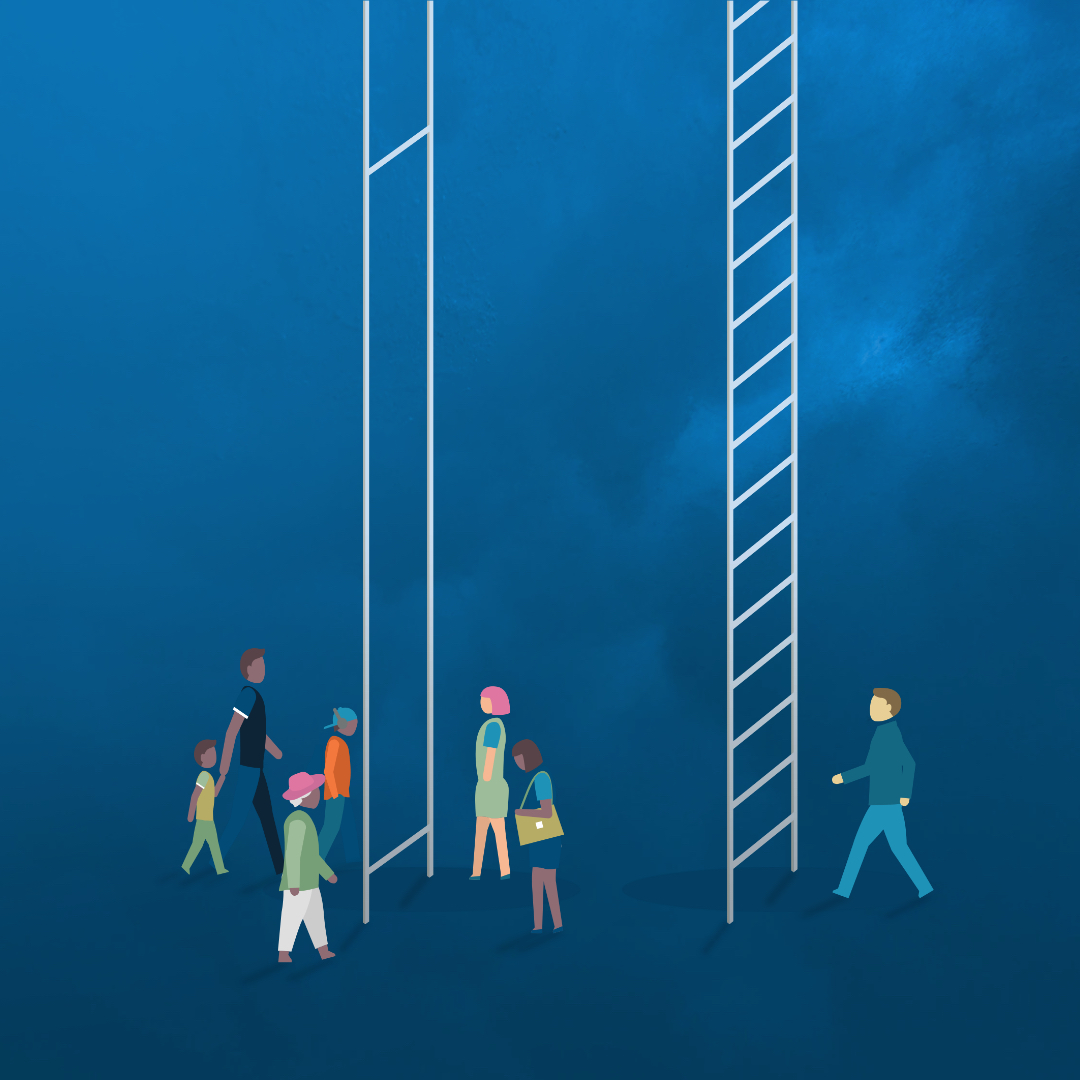
- New normal: What and how we buy has undergone a serious transformation during the pandemic period. While companies; no matter if large or small; adapt to this transformation at an unprecedented pace, many consumers are embracing and enjoying the new normal. On a global scale, 75% of the adults say they like the improvements that companies have made in their shopping experience since the pandemic started, while 41% say they do not want to return to the shopping methods prior to the pandemic.

- Transformation in Traffic: Even though the pandemic made us feel like we are stuck at home, we actually did not stay in our places. Individual transportation is also developing together with the pandemic. Cities are closing streets to make room for cyclists as bike sales boom. People tend to buy cars as they can control their own environments. A more comprehensive implementation of autonomous driving is gaining momentum with smart city plans. 67% of the adults worldwide say they are “hopeful about the future of autonomous vehicles”, while 68% of the parents say they prefer to entrust their children to a self-driving car rather than a stranger.
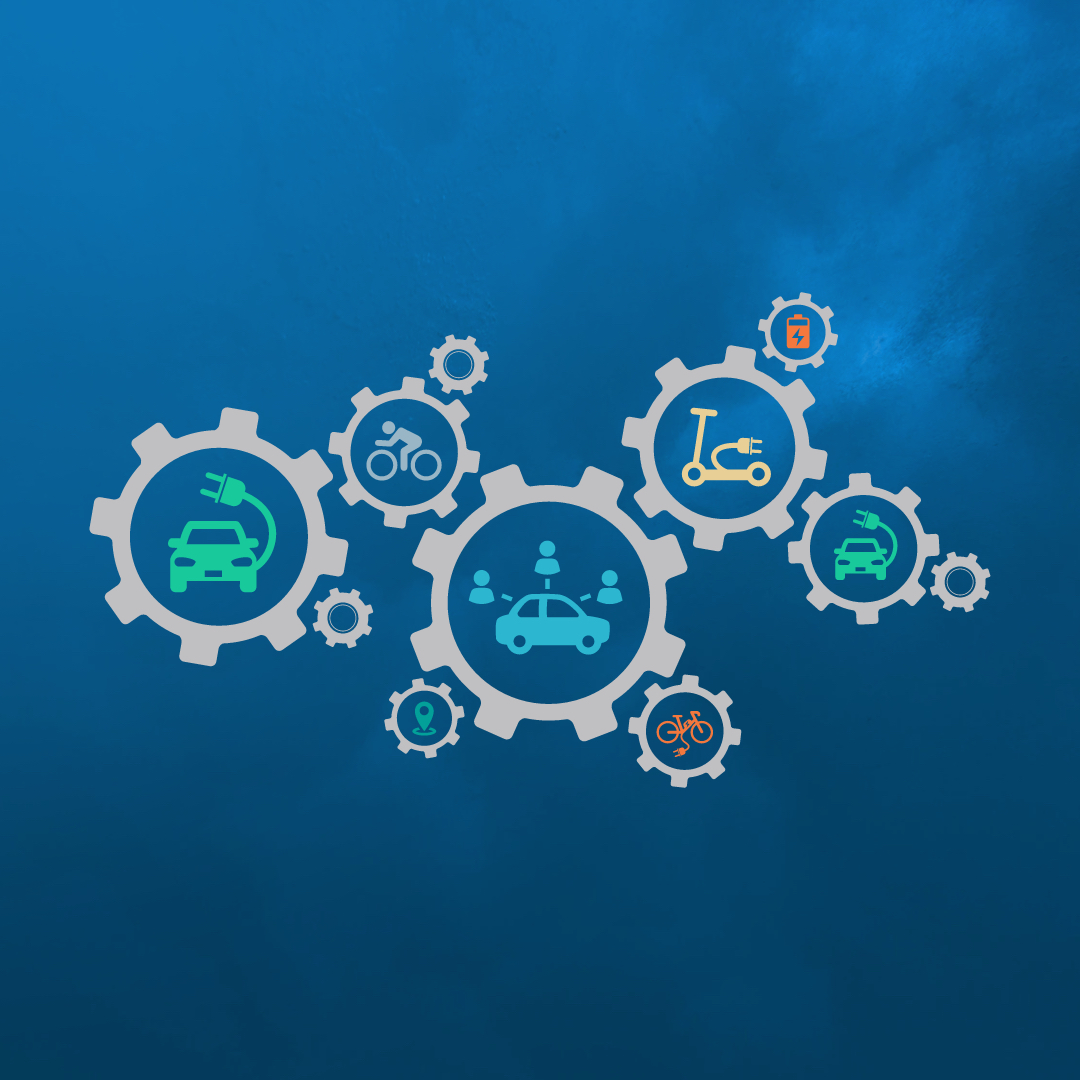
- Sustainability: In the early days of the pandemic, as curfews were applied worldwide, the improvement in the air quality showed itself as the “positive side of the process”. However, this optimism diminished rapidly as the consumption of plastics and other disposables increased. It was noticed that being sustainable and staying sustainable did not always progress simultaneously. Younger generations are particularly concerned about this situation. Globally 46% of Generation Z employees say that the pandemic made us more wasteful, while 47% say that the pandemic will negatively affect the environment in the long run. You can visit the website www.fordtrends.com for further detailed information about the report.

* Methodology: 13,005 online interviews were conducted in 14 countries under the management of Harris Poll for the results of the “Ford Trends 2021” report. The survey was carried out in Australia, Brazil, Canada, China, France, Germany, India, Italy, Mexico, Saudi Arabia, Spain, the United Arab Emirates, England and the USA among the general population aged 18 and over. Participants in Saudi Arabia and the United Arab Emirates were to be nationals of the countries, and data from these two countries were combined and analyzed collectively. All the fieldwork was carried out between 27th of October and the 12th of November 2020. Although the data of each country were weighted to be representative, the overall sample of 13,005 people was not weighted across countries. In other words, it is not claimed that the data collected is a representation of population sizes in the participating countries.

